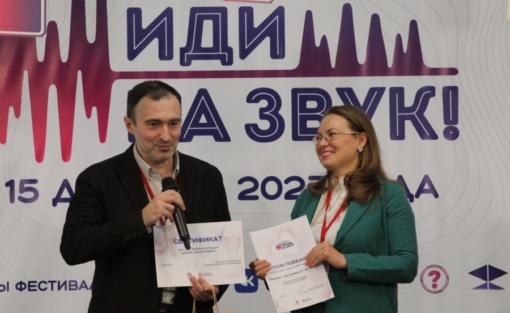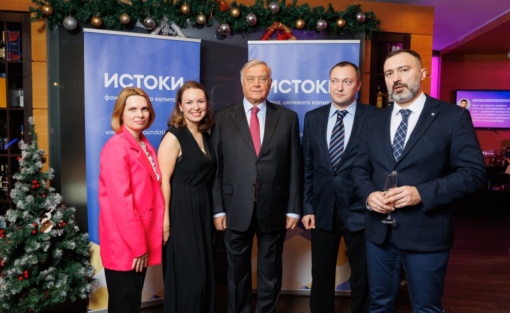From some point of time this notion can be applied not only for business but for the sphere of non-profit projects as well. Accelerators for non-profit organizations represent a topic, which is rather new, both for western and Russian charity communities. Let’s make it clear how such projects are designed and how they function.
Business accelerators focus on existing projects with a viable business model and established experience in sales. In a difference to incubators that cooperate with start-ups or even project prototypes, accelerators interact with businesses that have proved their viability and function for at least two years. Accelerators provide their residents with administrative, legal and educational services, along with media support. Their services also include networking, individual counselling regarding business matters, team building and product development, providing co-working space and venture financing. Later on, accelerators and their mentors facilitate the projects interaction with investors and business angels.
Accelerators can be private, corporate (in this case they focus on improving the ideas inside the company) and governmental. The last ones can specialize in social and educational projects, help companies that operate in a certain field (the agricultural sector for example) or focus on support for small businesses.












